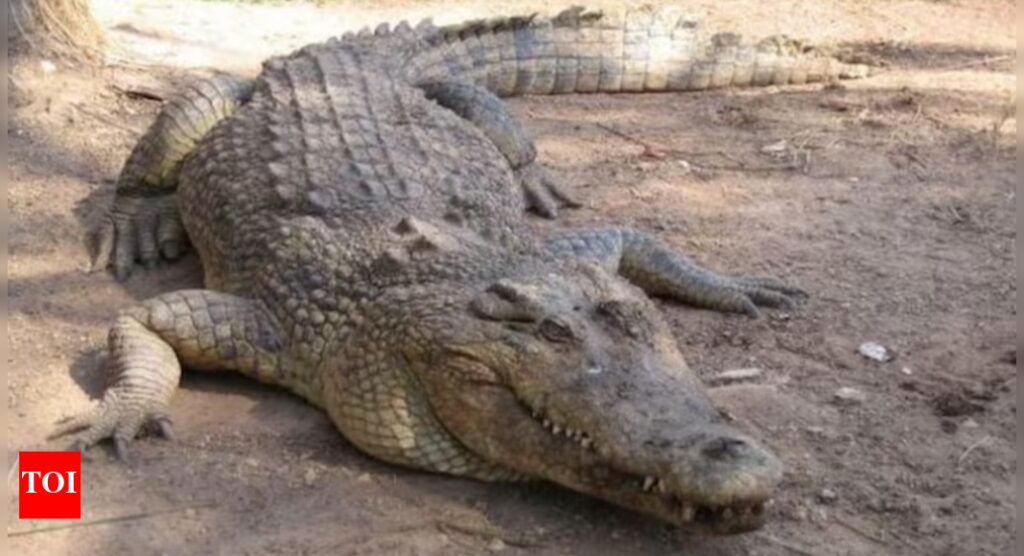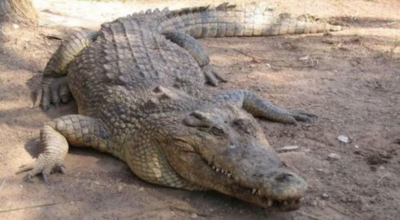Meet Henry: This 124-year-old ‘man-eating’ crocodile who has fathered 10,000 babies

In the animal world, only a few live long enough to become true legends. Henry, who is a massive Nile crocodile residing in South Africa’s Crocworld Conservation Centre, has done just that.This old crocodile has been known this week for reaching the exceptional age of 124. And, surprisingly, Henry isn’t just any crocodile; he’s possibly the oldest known living crocodile on Earth. His surprising age not only interests the public but has caught the attention of biologists and animal experts.Although his exact birthdate remains uncertain, Henry’s birthday is celebrated each year on December 16. What started as a humble beginning in the Okavango Delta of Botswana around 1900 has turned into a life that’s become the stuff of wildlife lore.Henry, the giant Nile crocodile who now resides in South Africa, recently marked his 124th birthday at the Crocworld Conservation Centre, where he has lived since 1985. According to Live Science, he’s believed to have been born around the year 1900, making him not only a living relic but also one of the oldest crocodiles ever recorded.“He’s clearly old,” said Steven Austad, a biologist at the University of Alabama who studies animal ageing, in a statement to Live Science. “Whether he’s 100 or 130, we don’t know. An age of 124 is not inconceivable for a crocodile,” he added.Henry’s journey began in the Okavango Delta, Botswana, where he earned a fearsome reputation. According to local legends, he terrorised a local tribe living near the Okavango River, reportedly attacking and eating several men and children. Eventually, an elephant hunter named Sir Henry captured the massive reptile, and tribal leaders sentenced him to life in captivity.Henry weighs at 700 kilograms and measures 16.4 feet long, and over the years, he has fathered more than 10,000 baby crocodiles. Experts believe that Henry’s extended life has been aided by the security and care provided at the Crocworld sanctuary.“Animals that, for whatever reason, happen to live in a safe environment tend to live longer,” Austad explained.His biology may also play a part. Researchers speculate that the blood of Nile crocodiles contains proteins with antibacterial properties, which could help ward off infections. In addition, their strong gut microbiome might contribute to an impressive immune response.“(Crocodiles) live longer than the careers of the scientists studying them,” Austad joked, reflecting the enduring nature of these prehistoric animals.Nile crocodiles are found in 26 countries across Sub-Saharan Africa and are responsible for hundreds of fatalities each year.








